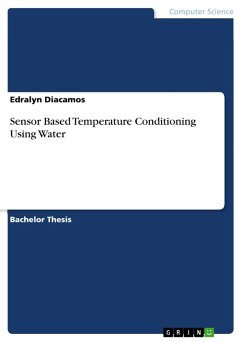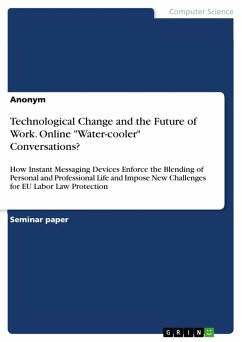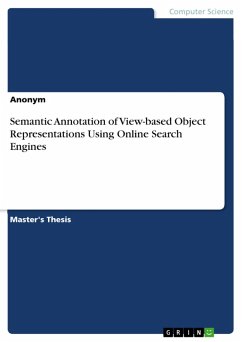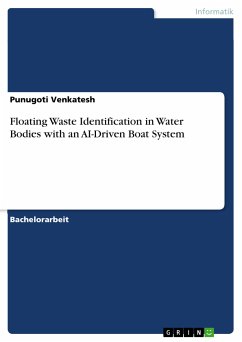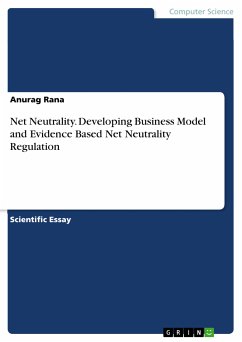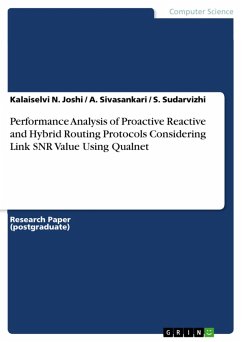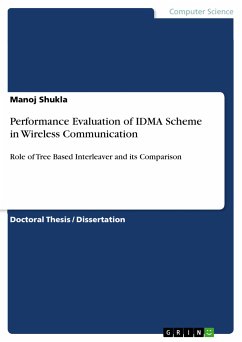Bachelor Thesis from the year 2024 in the subject Computer Science - Internet, New Technologies, grade: 3rd Year, , course: Computer Technology, language: English, abstract: This study focuses on developing and evaluating a sensor-based temperature conditioning system using water sprinklers for small-scale piggery farms at Cebu Technological University- Tuburan Campus. The main objectives are to identify and define the technical requirements for fabricating the sensor-based system, including detailed device plans, project costs, and design specifications. It also aims to assess the system's effectiveness in terms of features, functions, conformance, maintenance, serviceability, and durability to ensure it meets the practical needs of small-scale piggery farms. Additionally, the study evaluates user acceptability based on perceived usefulness, ease of use, behavioral intention to use, and actual usage, providing insights into its potential adoption and integration into farm practices. Finally, the study seeks to develop a comprehensive maintenance program to support the long-term sustainability and operational efficiency of the sensor-based temperature conditioning system in piggery farms. The study employs a quantitative research method to gather insights from stakeholders involved in small-scale piggery farming. The research is anchored in theories such as the Technology Acceptance Model, Technology Dimension Theory, Technology Adoption, and relevant local legislation such as Republic Act No. 11293 and Republic Act No. 11337. Findings will highlight the importance of user familiarity with product features to enhance usability and prevent confusion. Moving forward, collaborative efforts between stakeholders and researchers will be essential to optimize the sensor-based temperature conditioning system, ensuring its effectiveness and alignment with local needs and sustainability objectives. Positive results from the effectiveness and product acceptability assessments are expected to indicate strong support for the system's usability, impact, and potential to improve temperature management in small-scale pig farming.
Dieser Download kann aus rechtlichen Gründen nur mit Rechnungsadresse in A, B, BG, CY, CZ, D, DK, EW, E, FIN, F, GR, HR, H, IRL, I, LT, L, LR, M, NL, PL, P, R, S, SLO, SK ausgeliefert werden.

